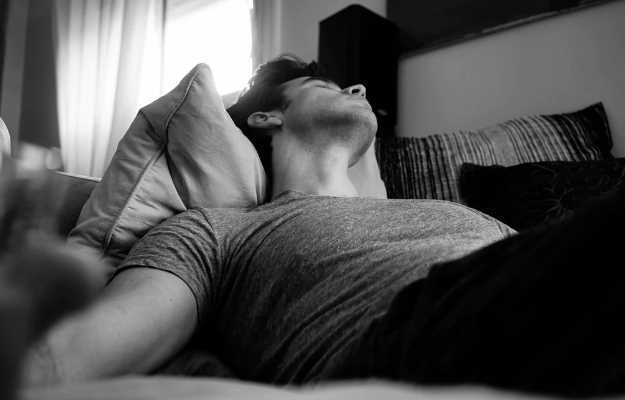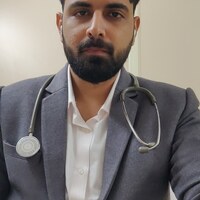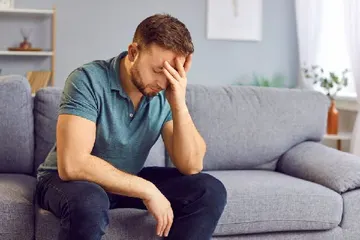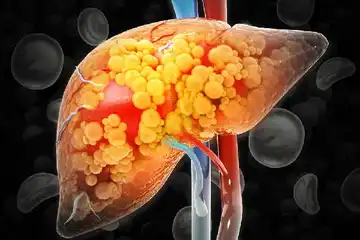You may have noticed a person—regardless of age or gender—drooling from the mouth while sleeping. Although it is more common among babies, it is a phenomenon that occurs among adults too.
The unintentional release of saliva from the mouth is known as drooling. Some people may wake up from their sleep and notice the pillow they were resting their heads on wet from saliva.
Often, the reason this happens in newborns or toddlers is that the muscles in their mouths aren't fully developed or strong enough. But if it occurs among adults and occurs regularly, it could be a sign of weak muscles in the mouth, conditions such as obstructive sleep apnea or due to excess saliva production.
There are six salivary glands in the mouth that are responsible for producing saliva—they are located in the cheeks, in the bottom of the mouth and near the front teeth. Typically, as much as two to four pints of saliva is produced during the course of a day.
Drooling during sleep may occur due to difficulty swallowing a normal amount of saliva, as in conditions like sore throat and Parkinson's disease, or due to the production of excessive saliva (sialorrhea). Here's a look at the common causes and symptoms of drooling during sleep, when to see a doctor and what to do.

 Doctors for Drooling in sleep
Doctors for Drooling in sleep 


































